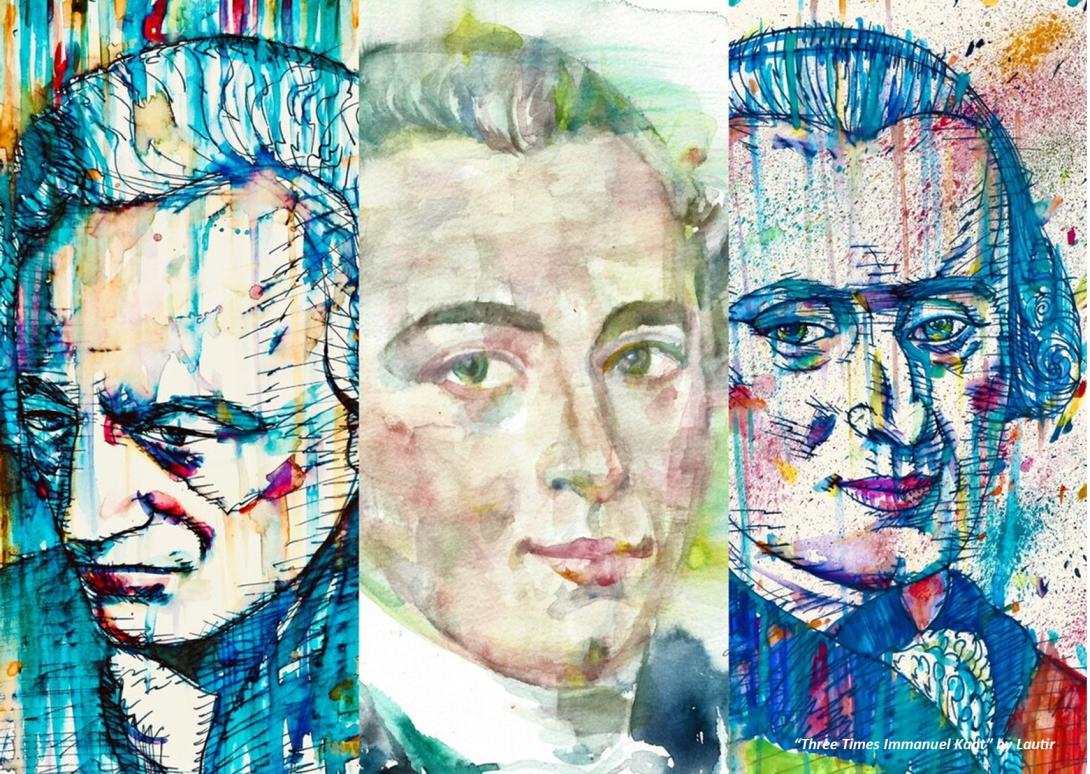Abstract: Kant’s key question driving his Critique of Pure Reason is, as he wrote to Herz, ‘On what
ground rests the relation of that in us which is called representation to the object?’ Kant
identified key problems about sensation, perception and cognition, which ultimately require both
philosophical and physiological solutions. To resolve these problems philosophically, Kant
developed a very sophisticated epistemology and also a cogent cognitive architecture.
The key question driving Mark Bickhard’s Interactivism may be posed thus: How is
‘representation’ at all possible physiologically? To address this issue Mark has developed a highly
sophisticated thermodynamic model of how (inter alia) biological organisms are at all possible,
including how (many) biological organisms can sense, perceive, and behave effectively within
their environments (The Whole Person, Elsevier 2024). Such biological forms of organic
functioning afford bases for further cognitive and ultimately linguistic and social forms of
interaction by more sophisticated organisms with their environments and their conspecifics.
Kant’s cognitive architecture and Mark’s interactivist modelling of human cognisance are
comprehensive outlines, sufficiently detailed to have definite, evaulable implications to be
developed and assessed, yet by design leaving open a vast range of empirical specifics.
Surprisingly, both Kant’s epistemology and Mark’s interactivism focus on very fundamental
parameters required for any effective and ultimately cognizant interaction between human agents
and their surroundings, whether natural, social or cultural. The convergences between their
accounts are surprising, substantial and, I believe, fascinating. This talk examines several of them.
About: Kenneth R. Westphal (USA) is lifetime member of the Academia Europaea (https://ae-info.org/).
Recently retired, he lives in Trieste (Italia). His research examines the character and scope of
rational justification in non-formal, substantive domains, both moral and theoretical. His
publications include Kant’s Transcendental Proof of Realism (CUP 2004), Kant’s Critical Epistemology:
Why Epistemology must Consider Judgment First (Routledge 2021), Kant’s Transcendental Deduction of the
Categories: Critical Re-Examination, Elucidation & Corroboration; Kant’s Revised Second (B) Edition (1787),
German Text with Parallel New Translation (Helsinki UP 2021), ‘The Question Answered: What is
Kant’s “Critical Philosophy”?’, in M.F. Bykova, ed., The History of Philosophy as Philosophy: The
Russian Vocation of Nelly V. Motroshilova (Brill, 2024), and ‘Kant’s Critical Philosophy & the
Possibility of Cognitive Science’. Kant Çalaşmaları Dergisi 3 (2024).
Web: https://ae-eu.academia.edu/KennethWestphal ; https://www.ae-info.org/ae/Member/Westphal_Kenneth

